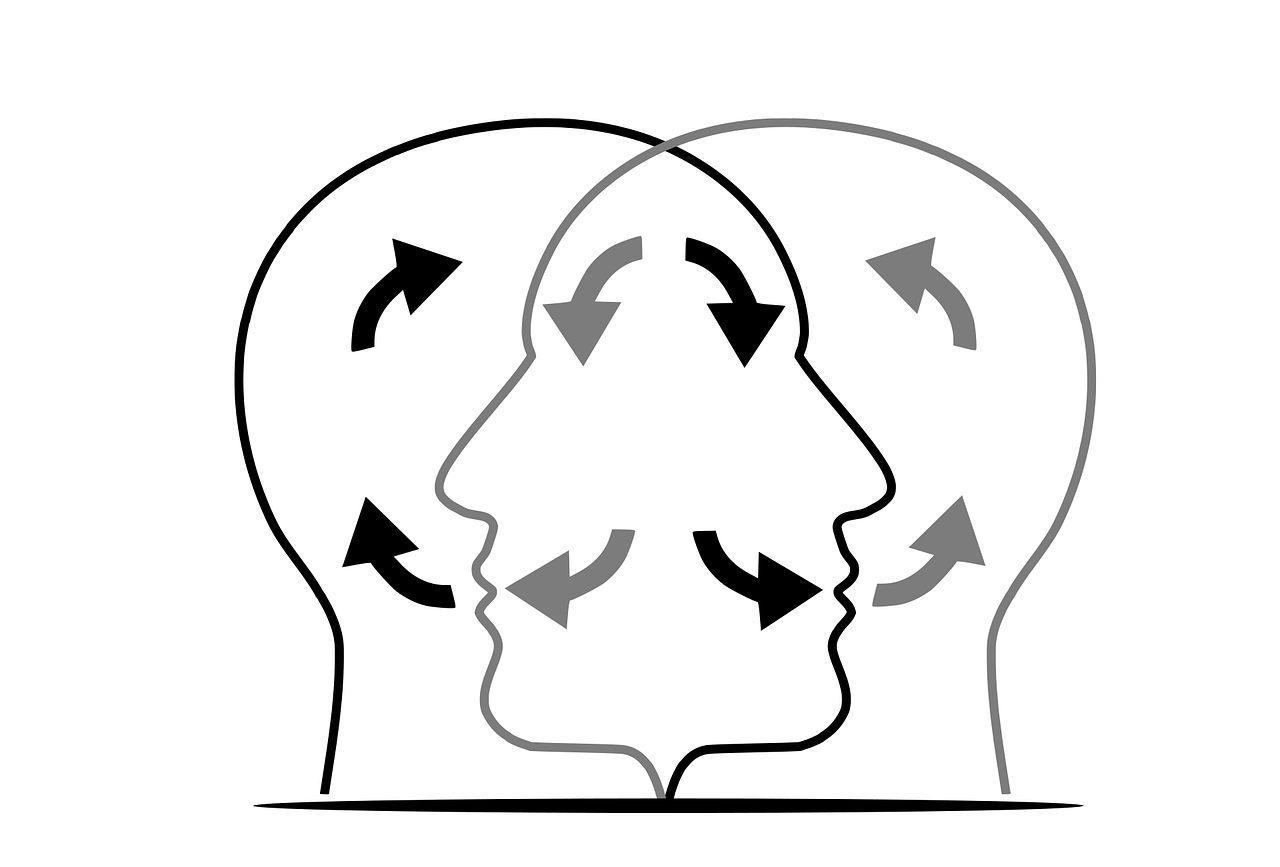A person’s ability to connect, communicate, and form relationships with people in social circumstances is referred to as their social skills. They cover a range of verbal and nonverbal components of human contact and are essential to how people engage with others, express themselves, comprehend others, and build deep relationships.
Social skills are built and learned through observation, practice, and experience. They are impacted by personal values, cultural standards, and individual variances. These abilities are learned and honed throughout a person’s life, beginning in childhood.
10 Key components of social skills
Verbal Communication
The ability to express one’s thoughts, ideas, and feelings through spoken words. Verbal communication requires not just speaking but also listening intently, picking up on subtleties, and effectively reacting.
Non-verbal communication
The art of expressing ideas and feelings by non-verbal cues including tone of voice, gestures, and body language. The meaning and context of spoken communication are frequently expanded upon by nonverbal signs.
Emotional Intelligence
The ability to recognize, understand, and manage one’s own emotions, as well as recognize and empathize with the emotions of others. People with emotional intelligence are better equipped to handle social situations, behave empathically, and forge lasting bonds.
Empathy
The capacity to comprehend and share the thoughts and feelings of others. Empathy entails paying attention and expressing real care, as well as providing support and understanding.
Active listening
Active listening is the ability to completely concentrate on and grasp what someone is saying without interrupting or already forming responses. Respect is demonstrated, comprehension is promoted, and successful communication is encouraged by active listening.
Conflict Resolution
The capacity to handle disputes and differences of opinion respectfully and constructively. Active listening, compromise, and looking for win-win solutions are all part of effective conflict resolution.
Collaboration and cooperation
Succeeding in joint endeavors with others. Teamwork, responsibility sharing, recognizing others’ contributions, and appreciating different viewpoints are all examples of collaboration abilities.
Social Awareness
Social awareness is the awareness of social dynamics, cultural standards, and appropriate behavior in various circumstances. Individuals who are socially aware may negotiate social circumstances with tact, flexibility, and respect for difference.
Assertiveness
Self-expression of ideas, beliefs, and needs in a clear, assured manner while respecting the feelings and rights of others is known as assertiveness. Effective communication, setting boundaries, and self-advocacy are all possible with assertiveness.
Adaptability
Adaptability is the ability to alter and modify behavior in response to various social contexts and situations. Adaptive individuals can react effectively to shifting social dynamics and cultural norms.
Summary
In conclusion, social skills are a collection of learned aptitudes and behaviors people employ to relate to, engage with, and communicate with others in social contexts. Verbal and nonverbal communication, emotional intelligence, empathy, active listening, conflict resolution, teamwork, social awareness, assertiveness, and flexibility are all included in this list of abilities.
Effective social engagement, self-expression, understanding of others, and the development of deep relationships all depend on having strong social skills. They are developed throughout life, beginning in childhood, through experience, practice, and observation.
Individuals can strengthen their relationships, participate in effective communication, manage conflicts constructively, and navigate varied social environments with respect and adaptability by developing and improving their social skills. These talents must be continually developed and refined, which requires practise, self-awareness, and social interaction-based learning.
In the end, social skills support individual development, social well-being, and the creation of deep and meaningful relationships with others.
